

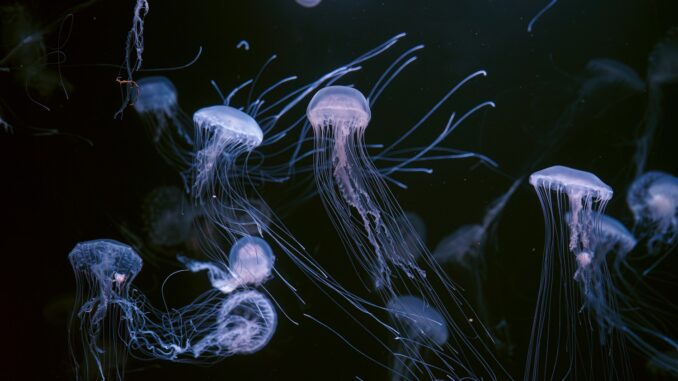
In three recent articles, scientists associated with the Center for Development of Functional Materials warn of the synergistic effect of substances when mixed together.
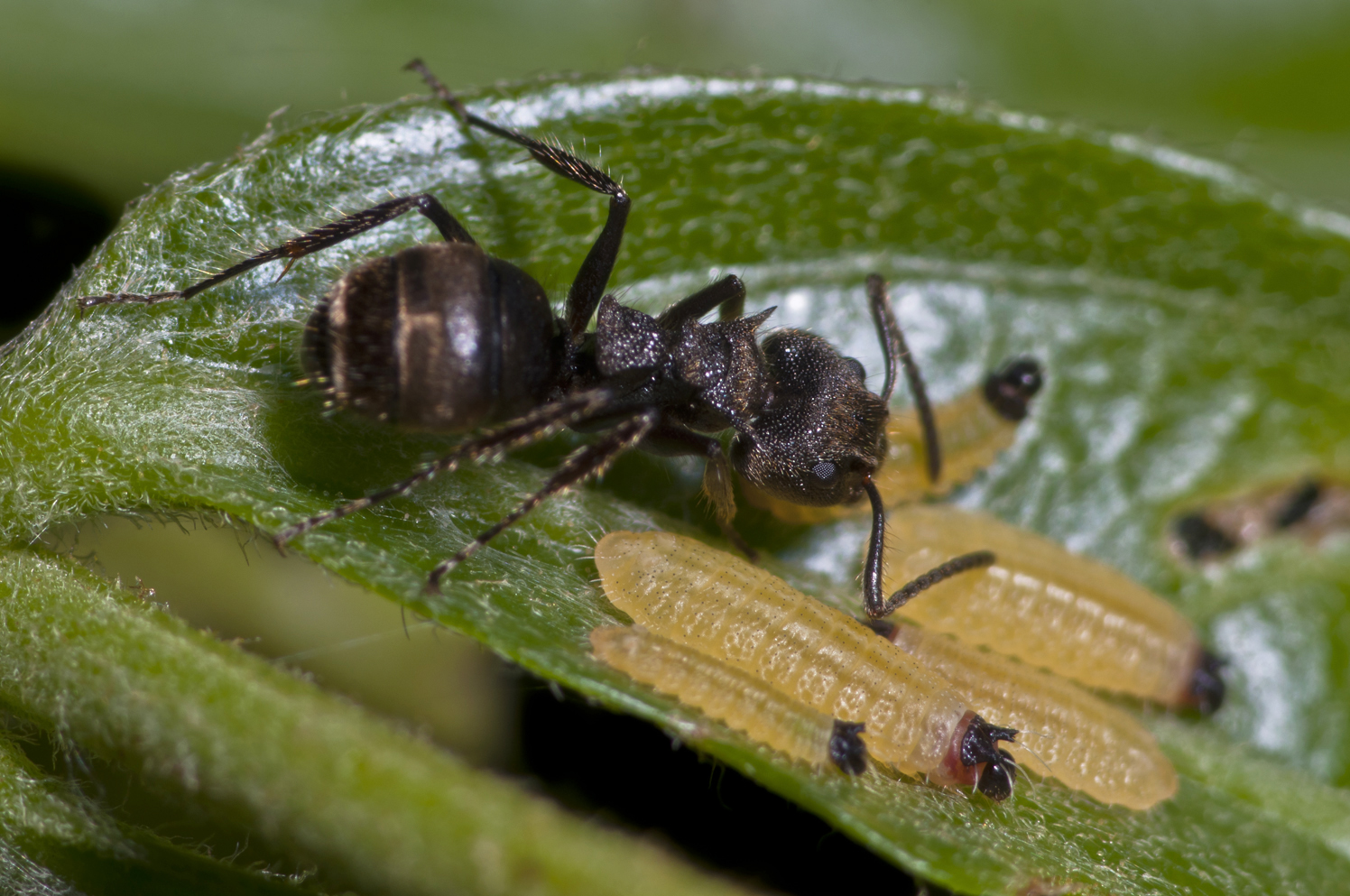
Caterpillars secrete a sugary liquid that assures recognition and protection from predators by a certain ant species, but protection became attack when the pairings were switched in an experiment.
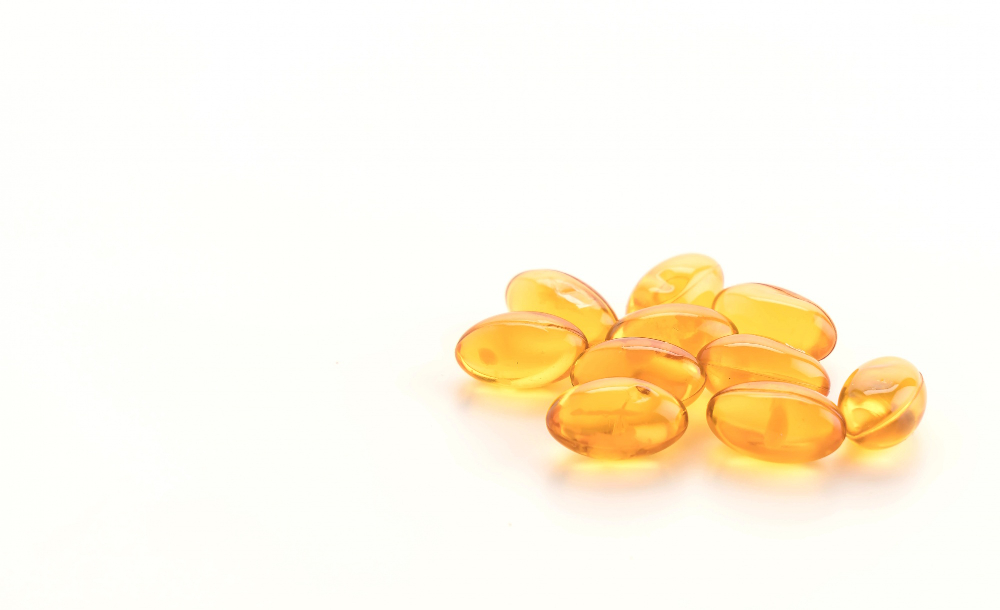
Fish oil supplementation altered the profile of defense cells, which switched from a pro-inflammatory to an anti-inflammatory state, reversing a condition similar to type 2 diabetes.
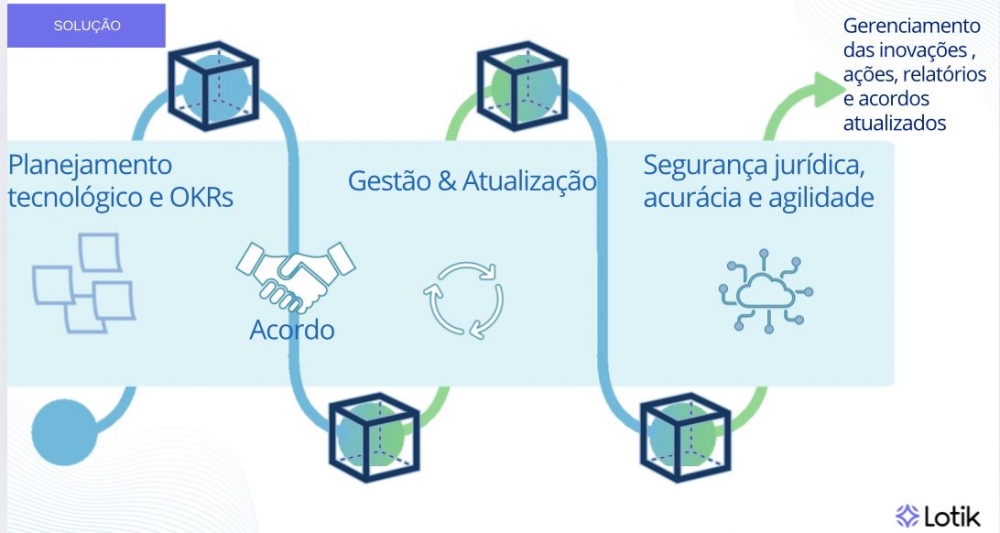
System developed by FAPESP-backed startup allows expectations and intellectual property to be managed while ensuring legal certainty.
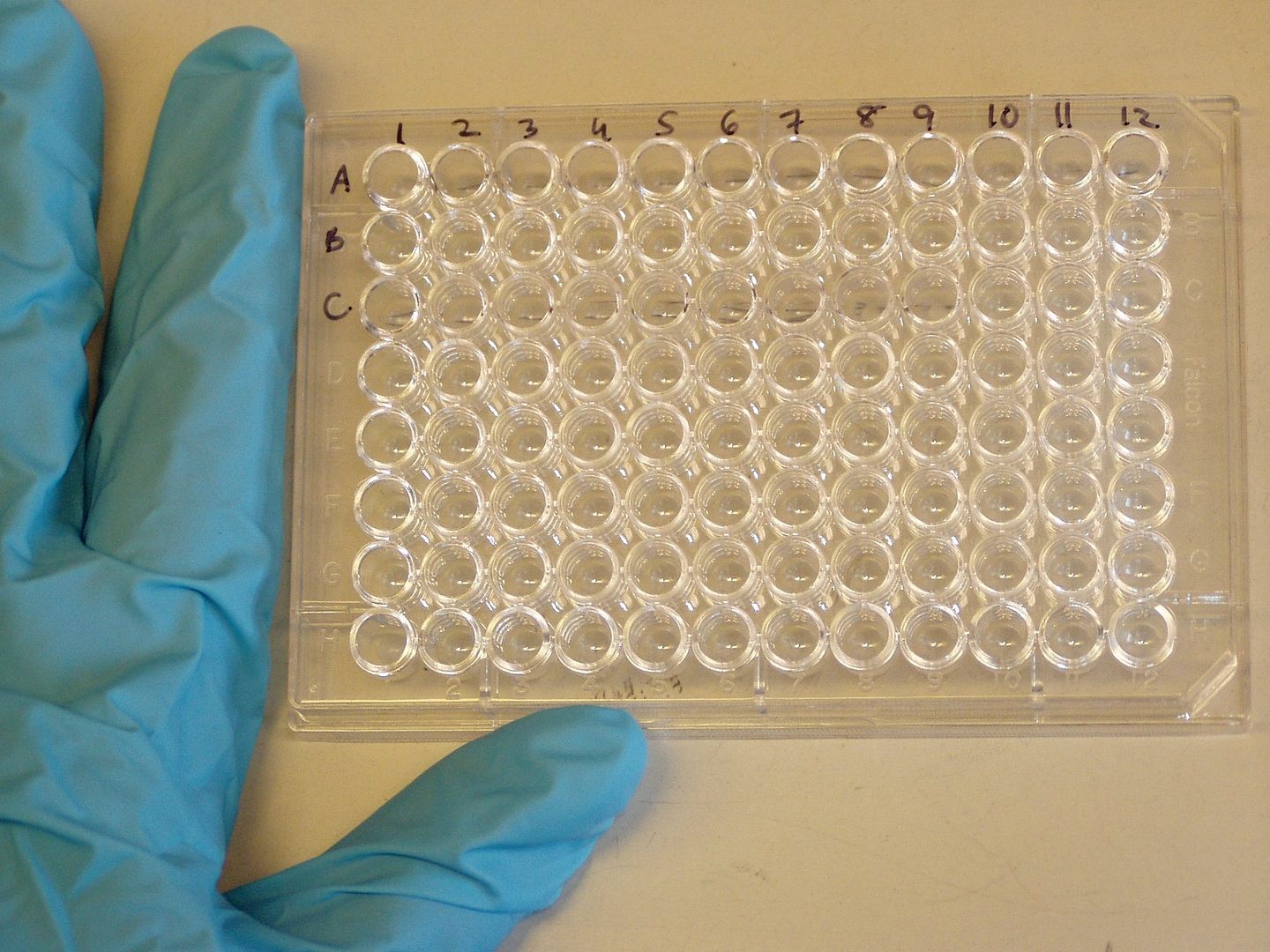
The method developed at the University of São Paulo detects and distinguishes between antibodies induced by the pathogens in blood samples. The strategy can be used to orient public policy in health and to evaluate the efficacy of dengue vaccines.

Researchers used an innovative approach and analyzed data from a large sample involving residents of four state capitals in different regions of Brazil; study contributes to preventive strategies for this type of tumor.
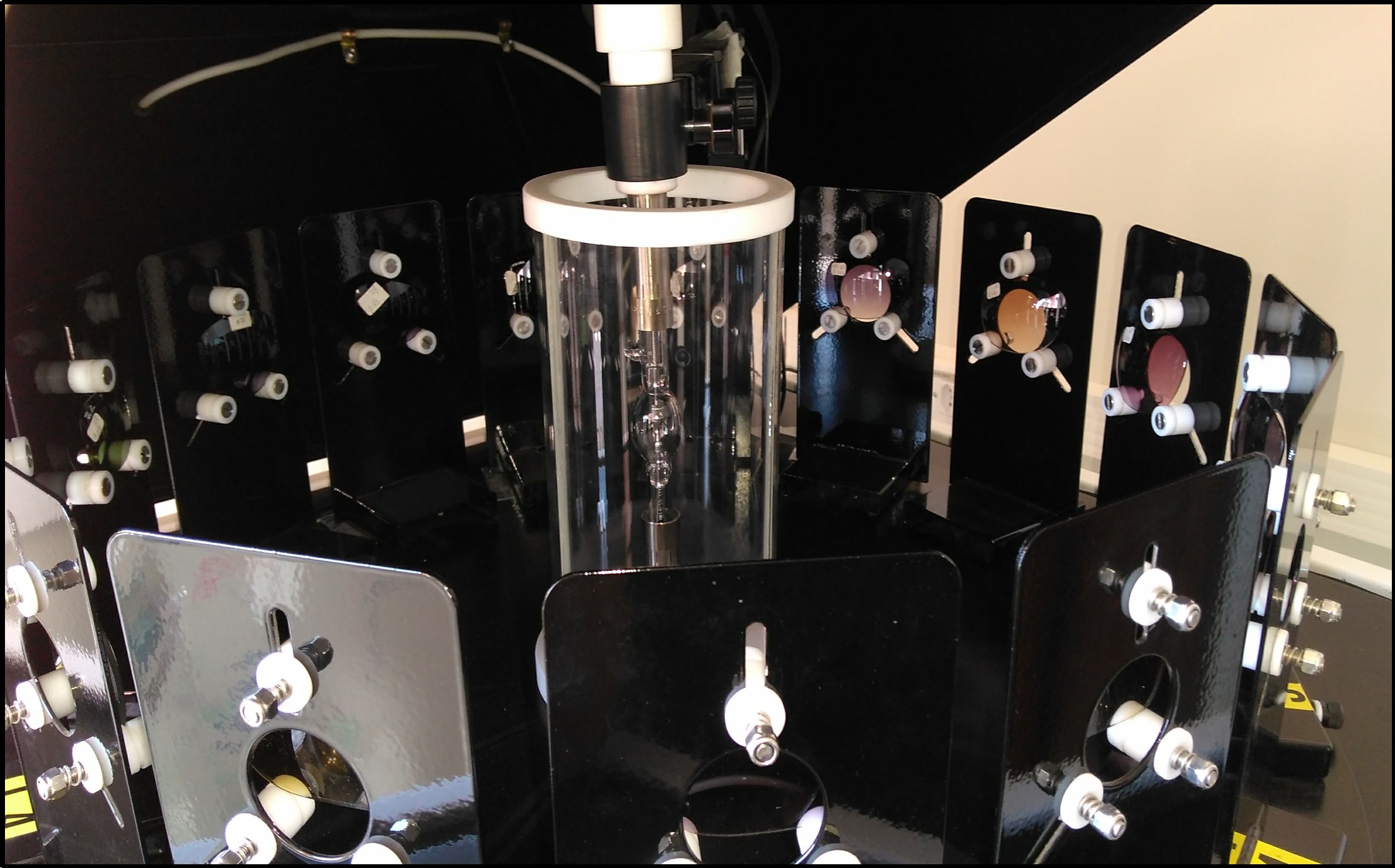
A study conducted at the University of São Paulo analyzed the effectiveness of 12 models and showed that only one met the safety limits set by an international organization.

The conclusion comes from a study that analyzed data from more than 3,600 adolescents aged 14 to 17. Moderate screen time spent on educational activities was associated with less psychological distress.

Innovative approach developed by research groups in Brazil has already been patented by the National Institute of Private Property.
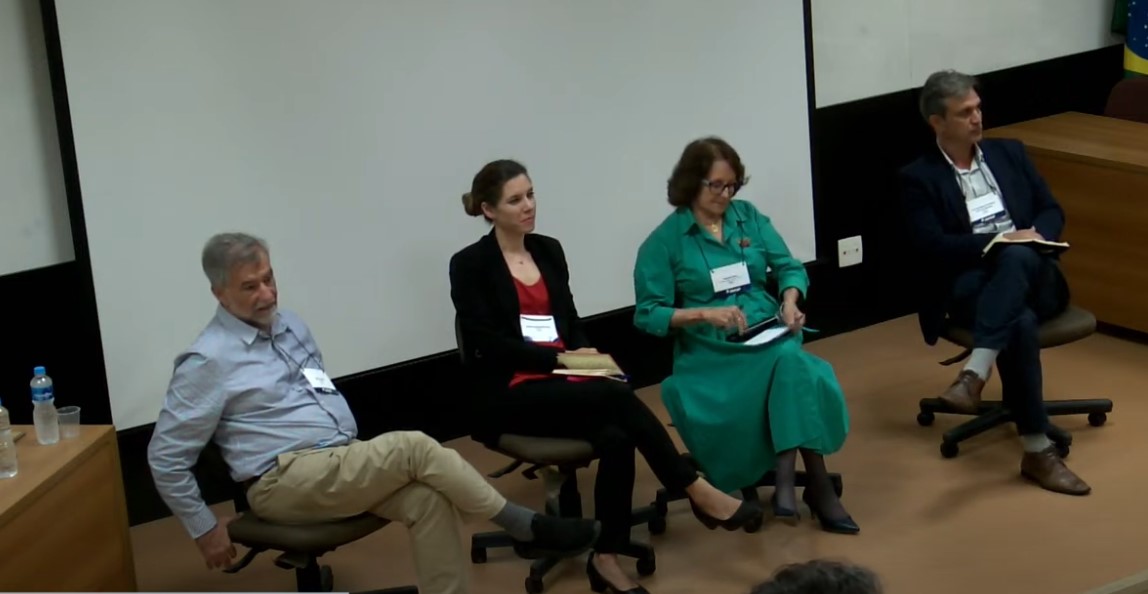
Experts point to delays in meeting Paris Agreement targets and warn: without urgent action, the world could become up to 4.3 °C warmer.

A study has found that more than half of Brazil’s rivers could suffer a reduction in flow due to the transfer of water to aquifers. Irrigation pumping is one of the main factors. More than 88% of wells operate under illegal conditions.

Tool developed by startup supported by FAPESP can be used by companies of different sizes and adapts to the specific needs of each business.

The world’s largest study of the impact of dietary polyphenol intake on the risk of cardiometabolic problems tracked more than 6,000 Brazilians for eight years.

A study involving 173 pregnant women reached this conclusion. The findings expand scientific knowledge of the preeclampsia and the mechanisms whereby damage to the kidneys, lungs, liver and brain may occur.
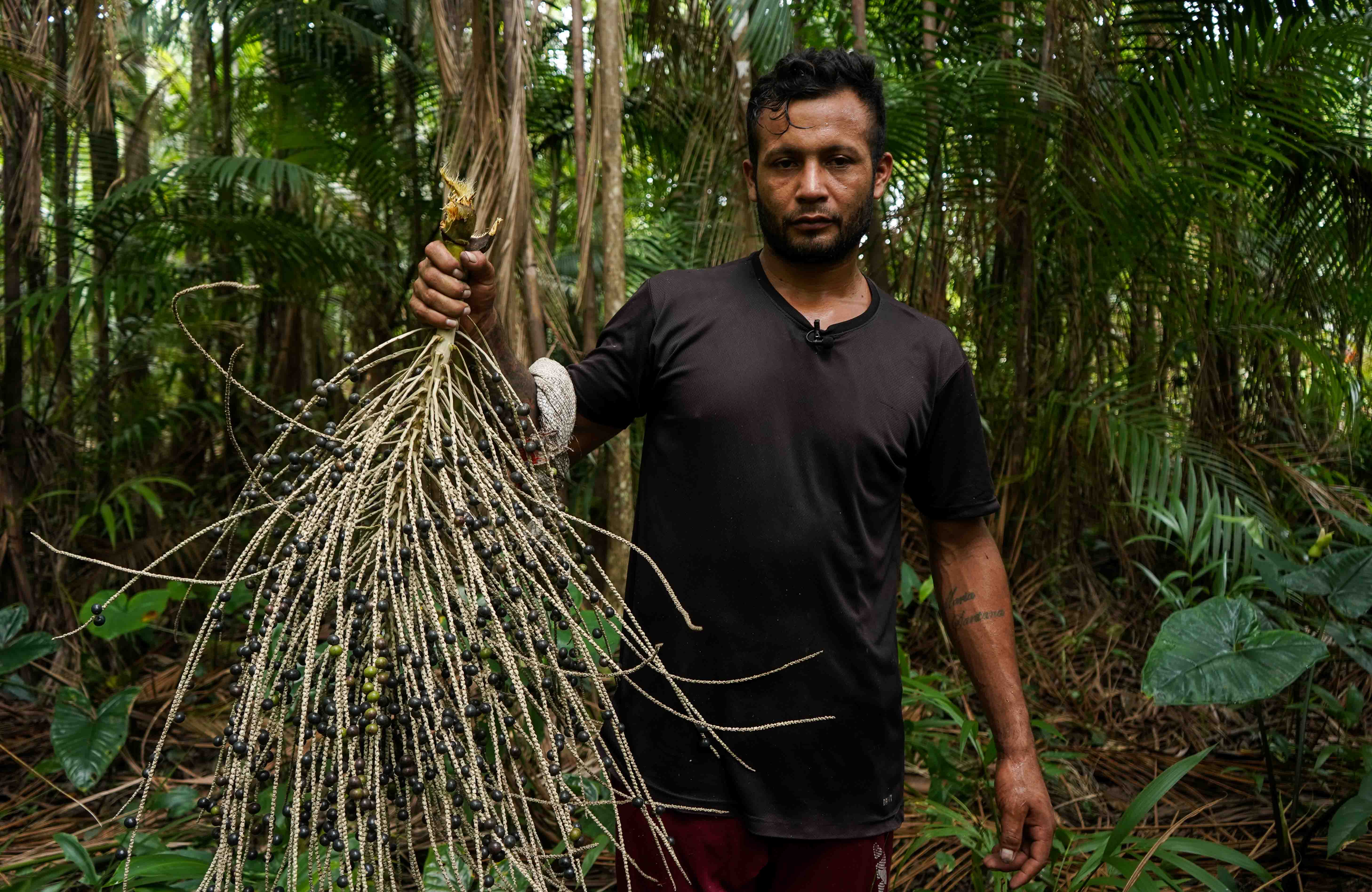
The Agrotechnological District of Breves, in the Brazilian state of Pará, was created as part of Semear Digital, a Science Center for Development led by EMBRAPA Digital Agriculture and supported by FAPESP.

A study of 153 people between the ages of 60 and 89 suggests modifications to a well-established clinical test for assessing balance in the elderly to make it more efficient, accessible, and predictive.

Less studied than grasses and trees, these plant species are of enormous importance to the Brazilian savannah biome in terms of biodiversity, carbon storage, regeneration after disturbance, and the provision of ecosystem services such as food and medicine.
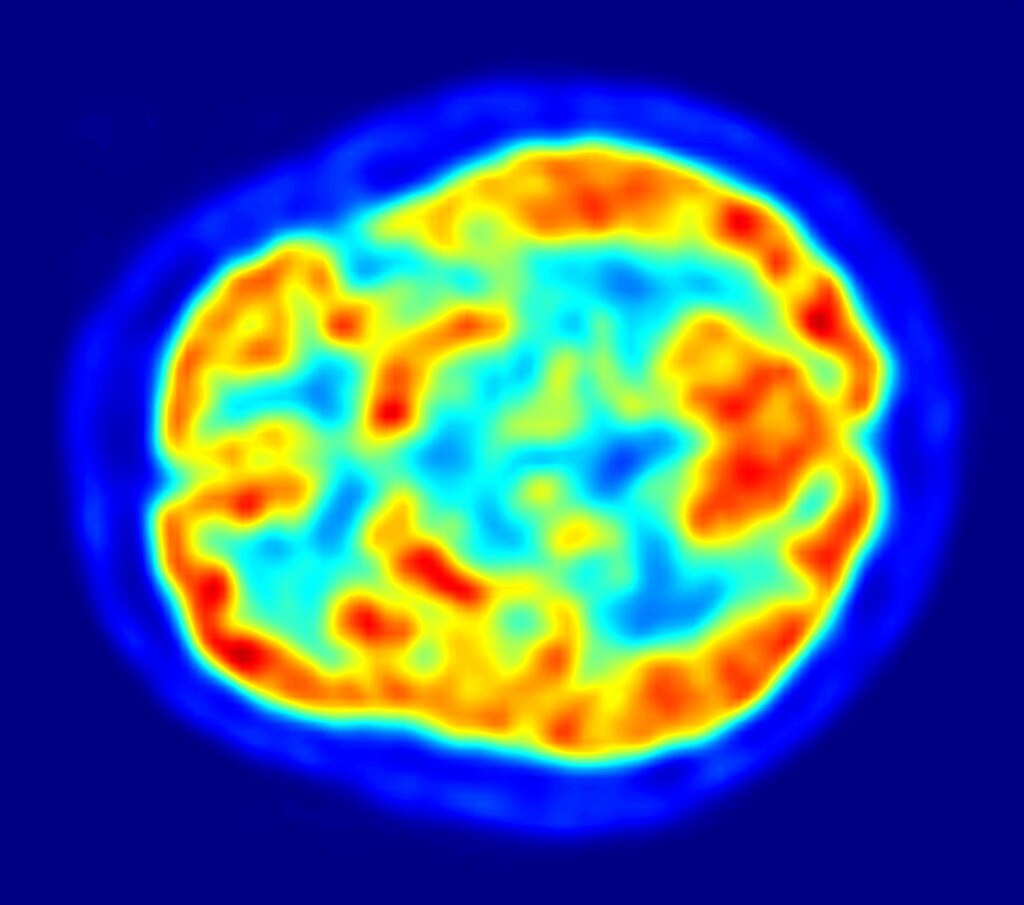
By creating a new metric, researchers envision the possibility of diagnostic and treatment advances for the disease, which is estimated to affect about 4 million people worldwide.

The population is not immunized against DENV-3. Meanwhile, DENV-1 and -2 continue to circulate, experts warn.
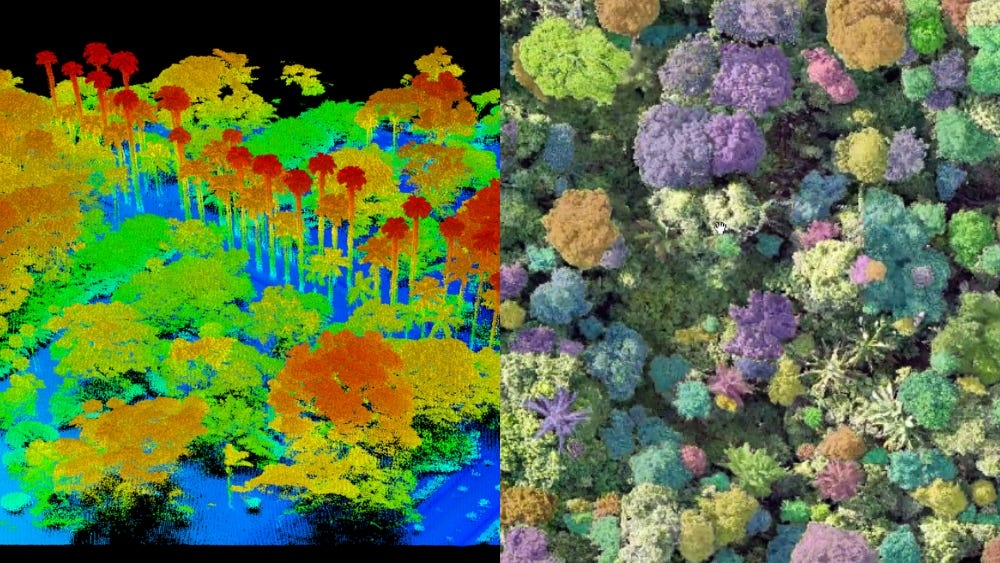
A technology that uses unmanned aerial vehicles developed by a FAPESP-supported startup has enabled Brazil’s leading cosmetics company to complete in six months a census of six species of key importance to its production process distributed across 40,000 hectares of forest in the Amazon.
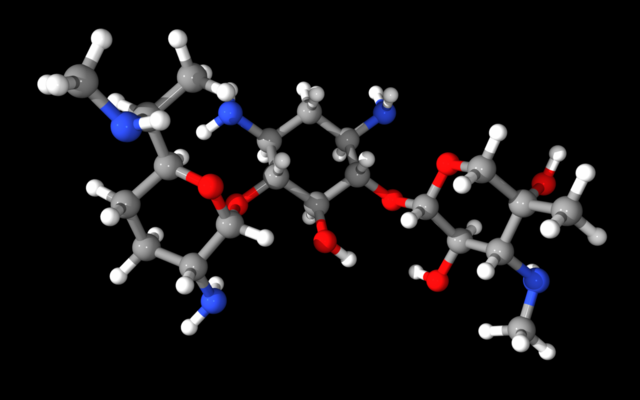
Researchers at a FAPESP-supported research center have identified the key role of the GenB2 enzyme in the formation of gentamicin components. The findings make it possible to develop safer and more selective versions of the drug.
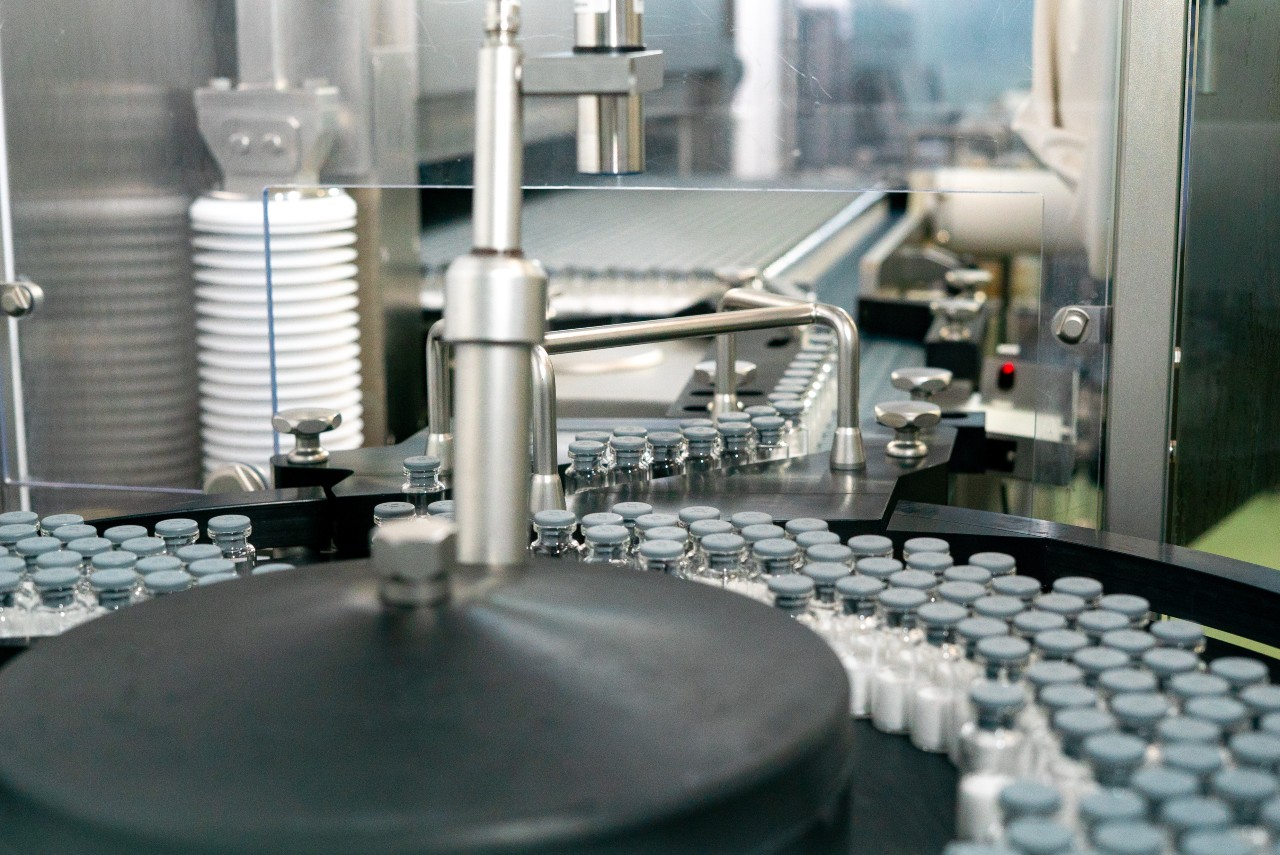
The phase 3 clinical trial showed that Butantan-DV is effective against dengue virus types 1 and 2, which were circulating at the time. The results can be extrapolated for types 3 and 4 based on additional in vitro testing, according to the researchers.
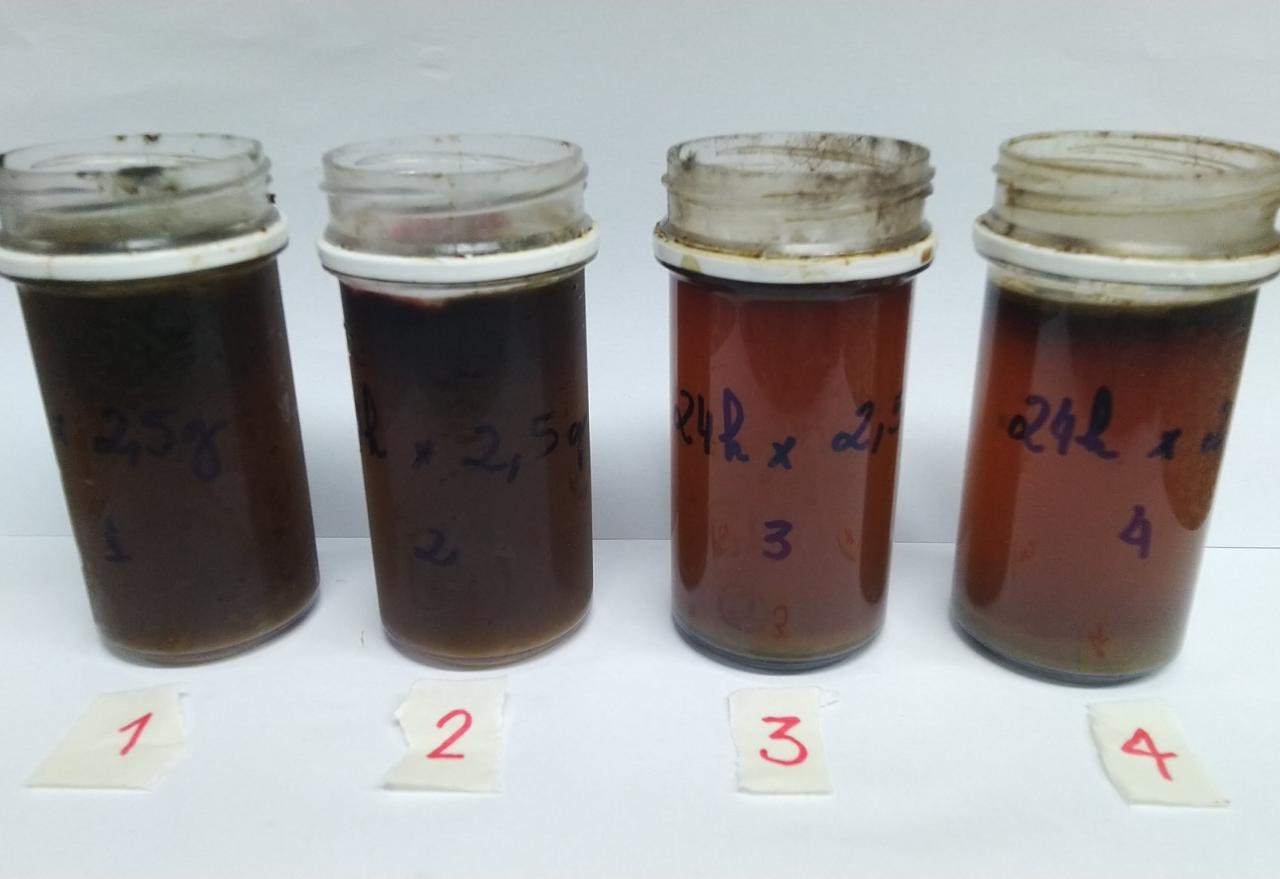
The method converts the vinasse left over from ethanol production into a potassium- and nitrogen-rich fertilizer. The groundbreaking study was conducted at the Federal University of São Carlos and published in the Journal of Environmental Management.
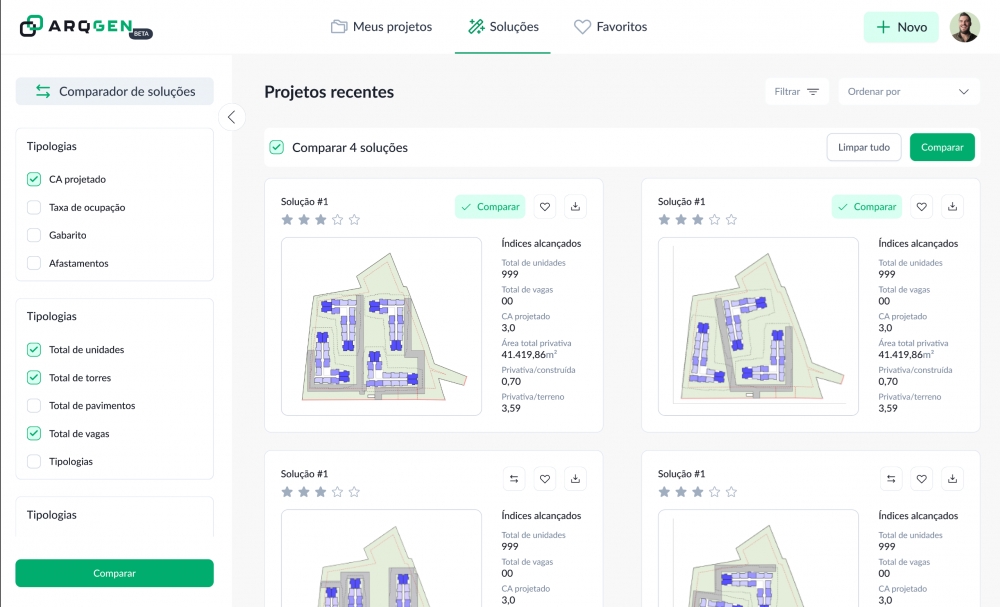
A startup supported by FAPESP has developed a platform that helps property developers optimize site selection and other strategic choices.

In a review article, researchers highlight the importance of metrology institutions in setting standards to characterize biopolymers and avoid greenwashing – a marketing practice that deceptively promotes products as being environmentally friendly.